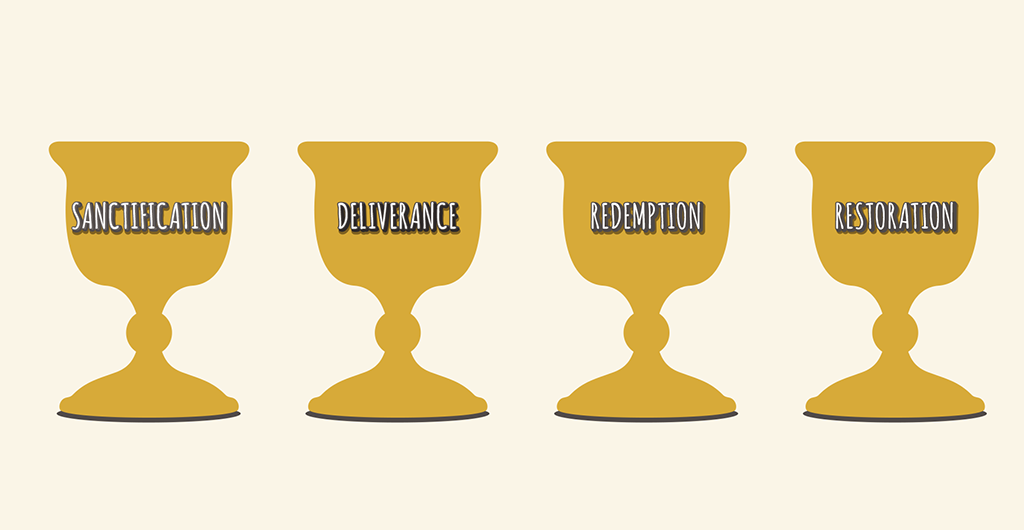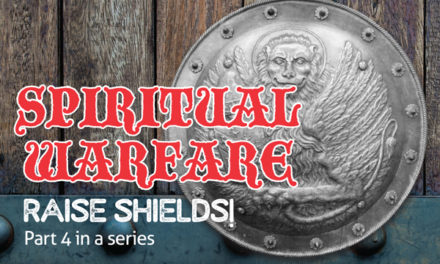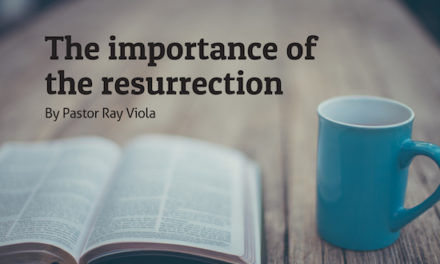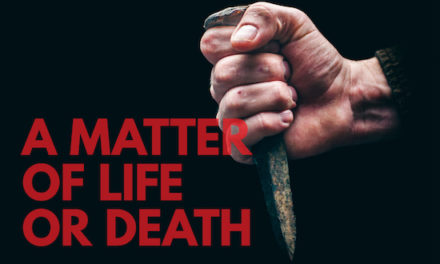Why don’t we see cups of wine involved in the Passover in the Exodus of Israel, like we see in the Passover Seder of Jesus? It is curious that God didn’t mention anything about having cups of wine, but He sanctioned the eating of unleavened bread, roasted lamb, and bitter herbs (Exodus 12:8). Perhaps it was not a good idea to jump in your ox cart and drive into the desert with the heavy traffic of a million rushing people surrounding you while under the influence of four cups of wine! When did this tradition of cups come into the observance of Passover?
Although the start of the tradition is a mystery, we see Jesus not only observing these cups, but He calls the third cup the cup of the New Covenant (Luke 22:20)! Wow, the Passover Seder is not just an ancient Jewish observance, but the cups and the breaking of Matzah bread and the bitter herbs not only point us to remember our slavery in Egypt, but every generation is called to remember their slavery. We understand from a New Covenant perspective that Jesus is our Deliverer from sin and the kingdom of darkness, the way God delivered the people from the bondage of Egypt. We are called to REMEMBER HIS DEATH until he comes back, remember His sacrifice. He is the Deliverer.
Is the tradition of cups of wine biblically significant, or were the Hebrews just finding an excuse to drink more wine? It may come as a surprise, but the cup and wine hold a lot of biblical significance. A cup can be a symbol of both judgment and blessing. Jesus asks the Father “to let this cup pass from Me; nevertheless, not as I will, but as You will.” (Matthew 26:39) Jesus is asking the Father if there is another way to save humanity from perishing besides Jesus drinking the cup of judgement that we deserve for our sin. The only way we could be saved from our sins was for the Lamb of God to come and die. His blood needed to be shed and applied to the door of our hearts so that death would Passover. If you don’t believe in Messiah Jesus, the wrath of God abides on you (John 3:36), but Jesus took our judgement upon Himself by his great love and mercy. Jesus drank the cup of judgment so that we could partake of the cup of blessing, the cup of salvation! (1 Corinthians 10:16) Hallelujah!
The four cups of the Passover are connected to the four promises God gave Israel in Exodus 6:6,7:
“I am the LORD, and I will bring you out from under the burdens of the Egyptians, and I will deliver you from their bondage. I will also redeem you with an outstretched arm and with great judgments. Then I will take you as My people, and I will be your God; and you shall know that I am the LORD your God, who brought you out from under the burdens of the Egyptians.”
God is faithful; He CANNOT lie! He always keeps His promises! These promises and cups are, in order:
- The Cup of Sanctification – “I will bring you out” – God will bring His people out from Egypt and set them apart, or sanctify them.
- The Cup of Deliverance – “I will deliver you” – God will deliver His people out of slavery and bondage.
- The Cup of Redemption – “I will redeem you” – God will redeem them by the blood of the lamb.
- The Cup of Praise or Restoration – “I will take you as My people” – God will establish them as a nation in the Promise Land in fulfillment of His promise to Abraham.
- The Cup of Redemption is the cup that we take at communion service (Matthew 26:27,28). It is the cup of the New Covenant found in Jeremiah 31:31-34.
It was customary in Jesus’ day, for a man to propose marriage to a woman by offering her a cup of wine. Jesus was making a New Covenant based on His faithfulness, not like the Mosaic Covenant that no one can keep. Jesus stated that He will no longer drink “the fruit of the vine” (traditional Kiddush blessing of wine), “from now on until that day when I drink it new with you in My Father’s Kingdom.”(Matthew 26:29) We will finish the Passover Seder with Jesus at the wedding supper of the Lamb! Believers will be drinking the Last Cup of the Passover Seder, the cup of Praise, with the bridegroom Jesus the Messiah in His Father’s Kingdom! (Revelation 19:9) L’Chaim!






